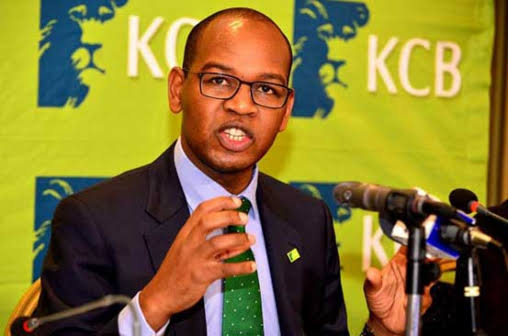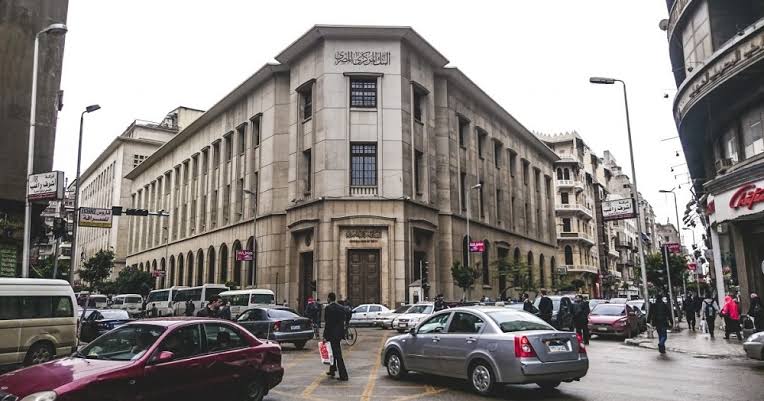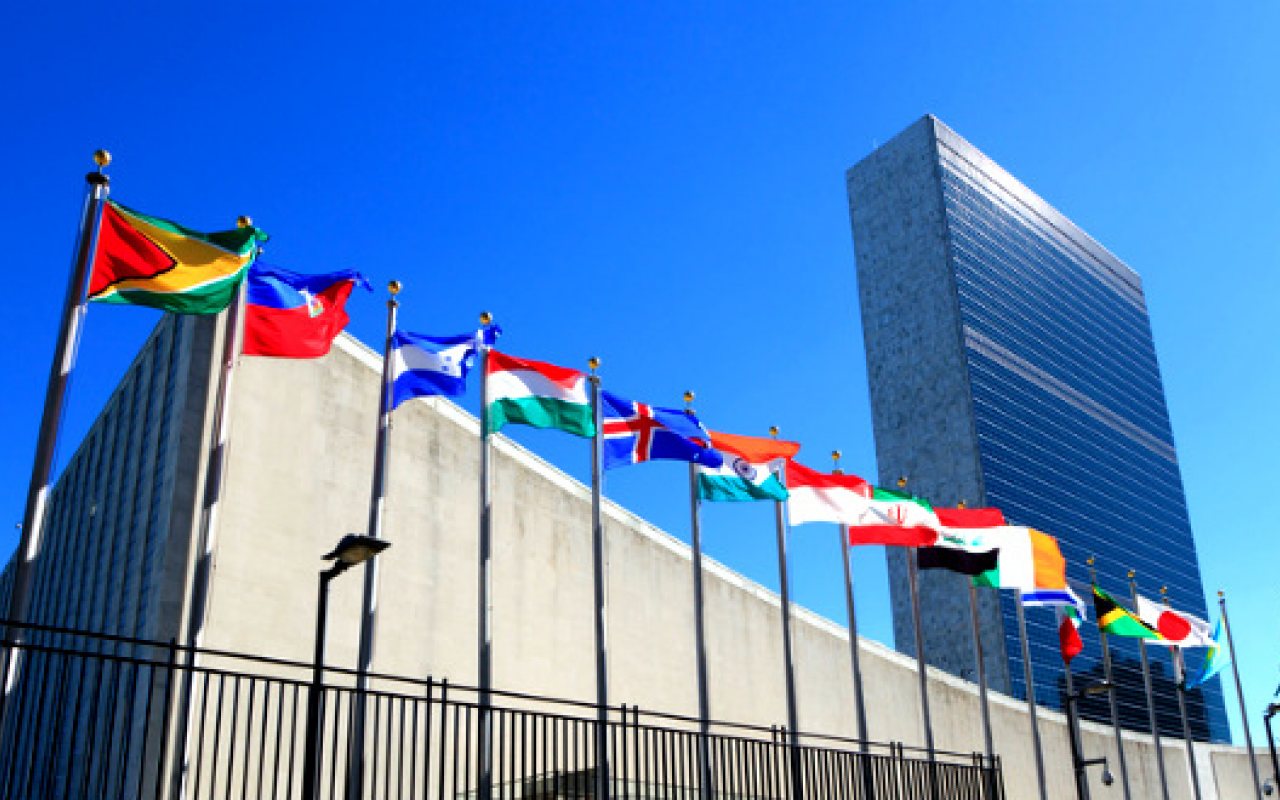African Development Bank Makes History; launches US$ 2 billion 1.625% Global Benchmark
Africa’s premier development finance institution the African Development Bank has launched and priced a US$ 2 billion 3-year Global Benchmark bond which will be due by 16 September 2022. This is the Bank’s first US$ benchmark of the year. The Bond which was launched on September 11 is the Bank’s second Global Benchmark of 2019, following the EUR 1 billion 10-year priced in March 2019. This has brought the amount raised by the Bank to US$ 4.4 billion and executed 61% of its borrowing program for the year.

This very transaction received strong support from investors globally which is a sign of level of confidence investors have on the Bank as its order books has reached US$ 2.8 billion with 53 investors participating. This high quality of the order book is illustrated by the strong participation of Central Banks and Official Institutions, taking 64% of the allocations.
The African Development Bank is taking advantage of favorable investor sentiment post summer break to access the 3-year tenor, in spite of volatile market conditions ahead of the Fed Meeting the following week. The mandate was announced on Tuesday, September 10, with Initial Pricing Thoughts of Mid-Swaps + 13 basis points (bps) area.
The transaction met strong interest from the outset, with Indications of Interest in excess of US$ 1.8 billion (excluding Joint-Lead Managers interest) when order books officially opened at 08:00 London time the following morning, with initial price guidance of Mid-Swaps + 13bps area.
Momentum continued throughout the European morning, with orders in excess of US$ 2.5 billion around 11:20 London time. At this time, final pricing was set at Mid-Swaps + 13bps. Following the close of the order book in the US, the size of the transaction was set at US$ 2 billion by 14:20 London time.
The transaction was priced at 16:24 London time with a re-offer yield of 1.679%, equivalent to a spread of 8.75bps vs UST 1.5% 15 September 2022, the issuer’s tightest print vs US Treasuries to date.
Speaking of the development, Hassatou Diop N’Sele, Treasurer of the African Development Bank said that the Bank is delighted with this successful dollar Global Benchmark, and particularly pleased by both the very high quality of the order book and the solid participation of African Central Banks. The African Development Bank achieved its tightest ever spread to US Treasuries, and grateful to her investors across the world for this outcome, and the financing it will bring to the African continent.
Kelechi Deca

Kelechi Deca has over two decades of media experience, he has traveled to over 77 countries reporting on multilateral development institutions, international business, trade, travels, culture, and diplomacy. He is also a petrol head with in-depth knowledge of automobiles and the auto industry.


























